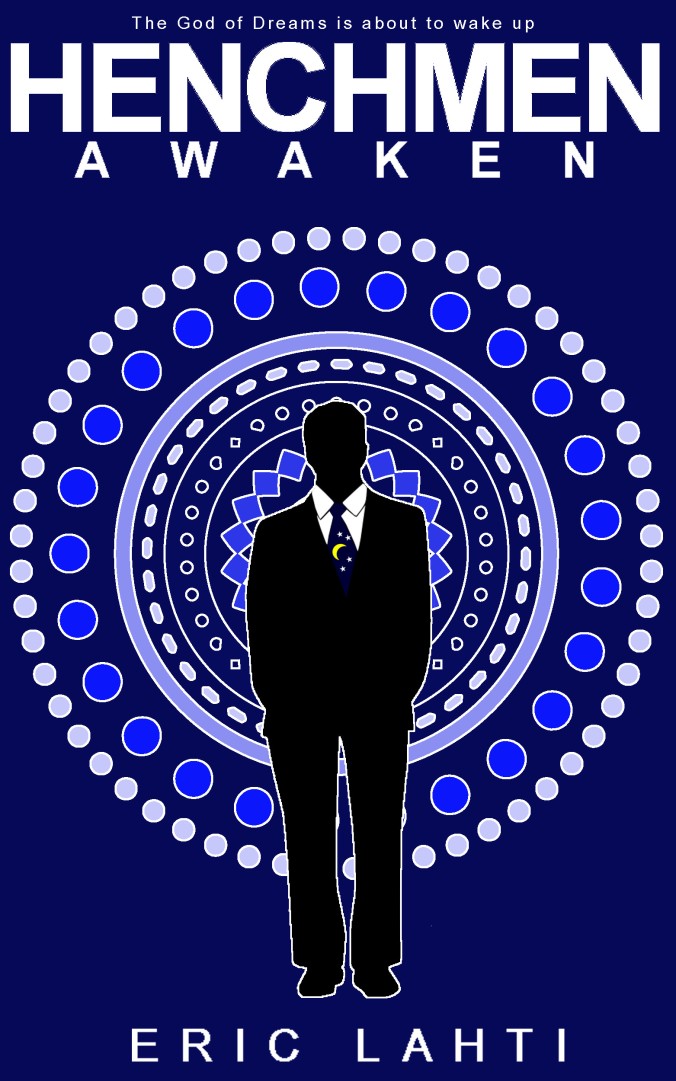It’s Memorial Day and, in true American fashion, the papers are filled with messages extolling us to be patriotic citizens and remember the tragic deaths of American heroes by eating BBQ and saving 10% on a pair of shorts.
Back in 1989 I was a senior in high school, getting ready to graduate by the skin of my teeth from Farmington High School in beautiful Farmington, New Mexico. As is (or at least was) the custom at the time, the school hosted the Armed Services Vocational Aptitude Battery, a test to see how well a student would perform in military service and give a baseline assessment of where their best talents might lie. Some of my friends, who were already looking forward to joining the Army bombed the test wholesale. I had a friend, well, really a freinemy since he was kind of a dick to me most of the time, who had spent his whole school career planning on joining the Army. He got a 47% on the ASVAB and was absolutely devestated. Other friends absolutely refused to take the test (it was optional) because they didn’t want to support the Military Industrial Complex and didn’t want anyone to think they were pro-war.
I had no great desire to join the military and, at that point in my life had no real idea what the military really was, but I took the test anyway. I scored somewhere in mid 90s.
The Marines and Army became very interested in me. The Air Force adjusted my score down to the mid 70s for some reason or another and told me I’d probably be good at fueling airplanes. I didn’t hear a peep out of the Navy.
In the long run, I didn’t join the military. It probably would have been good for me, but my natural aversion to authority meant I probably wouldn’t have been good for the military. I went to college instead. A few of my friends served. All was good with the world.
Over time, from talking to friends and coworkers who had been in the military I came to the conclusion that the military itself isn’t really pro-war. After all, these are the guys who actually have to fight the battles. The people who are really pro-war are the politicians who get the military, and the county, embroiled in warfare. They’re the ones who beat the drums and convince us that a group of people half across the world are a serious threat to us personally.
Bottom line: Politicians start wars, the military just gets stuck fighting them.
Sure, they signed up. The knew full well what they were getting into when the signed up for military service, but that doesn’t make in any easier.
I work with a lot of ex military folks. Two ex-Marines. Sorry, non active duty Marines. Once you’re a Marine, you’re a Marine. A couple of former Navy guys, an Army guy and at least one former Air Force guy. I have a lot of respect for them. They did something I didn’t do, they put something they felt was more important in front of themselves. They’ve all got some interesting stories.
It’s the stories that I find fascinating. I won’t share coworkers stories here because those are private things, but there are other stories out there. Stories like Rodger Young’s (geek points for his literary significance), or Chesty Puller who once famously said, “They’re on our right, they’re on our left, they’re in front of us, they’re behind us; they can’t get away from us this time.” The history of military lore is full of people who, under the worst of circumstances, kept their shit together and got things done. Or got impossible things done without trying to shirk it off.
Those are the things I will always remember and those are the people I will strive be more like.
So, today is Memorial Day and I’m not going to spend it kissing military ass. There are plenty of people in the military and retired from it who are still worthless shits. I will, however, hope they all get to come home safely from the nasty business of war that politicians have placed them in. I’ll also remember there are people who have done remarkable things and next time things aren’t going my way I’ll try to remember that at least I’m not charging a Japanese machine gun emplacement. I’ll also try to channel just a bit of that bravery into my day to day life.
I’m also not going to save 10% on a pair of shorts. I’ll wait until tomorrow to buy them.

